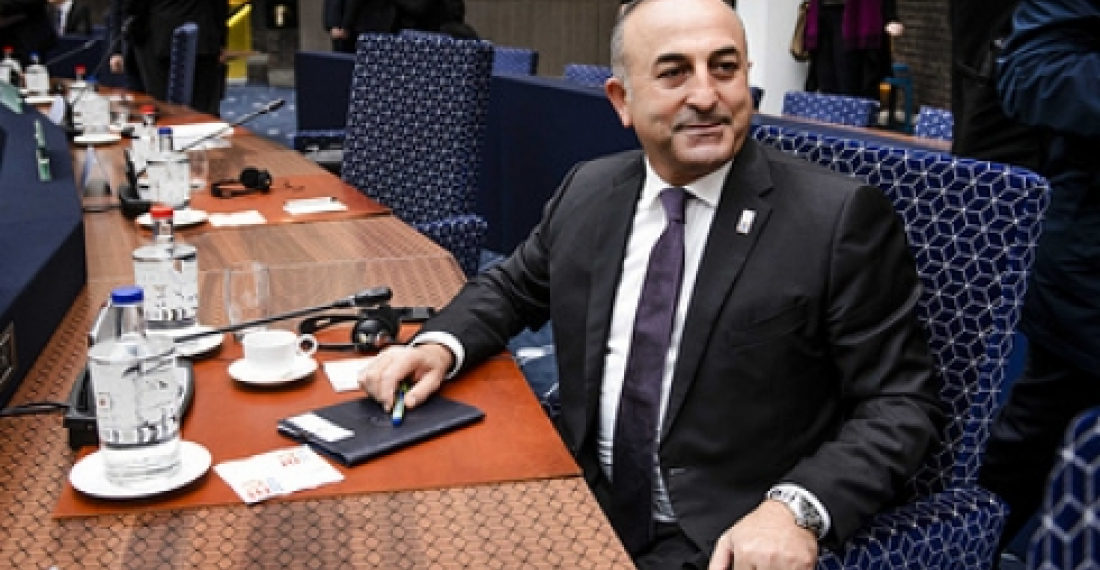Turkey has proposed establishing a working group with Russia in an attempt to normalise relations between the two countries, foreign minister Mevlut Cavusoglu told reporters on Monday.
Relations between the two regional powers have been tense since a Russian military plane was shot down by Turkish fighter jets near Turkey's border with Syria. Two Russian combatants were killed in the incident last November.
Cavusoglu was responding to Russian president Vladimir Putin, who told reporters in Athens last week that he wanted to resume the relationship, but was waiting for some concrete steps from Turkey. "We too want normalisation," said Cavusoglu, who said the working group can be informal or formal, depending on the wishes of the Russian side.
"We propose to establish a joint working group to be able to take these steps, "- he said The minister said that the working group." Can be formal or informal, as a wish to the Russian side. "
"Let its members discuss the current issues between each other and search for a solution. As a result, we will be able to find a common way towards normalization," the foreign minister said. "This is not an issue that cannot be solved."
In Athens, Putin also said that although Russia highly values the existing relationship with Turkey, "I still cannot understand why it was done [the attack on the Russian plane]."
Source: commonspace.eu






